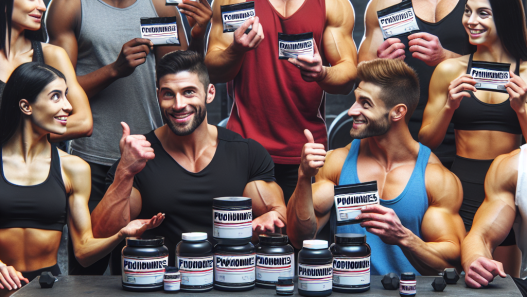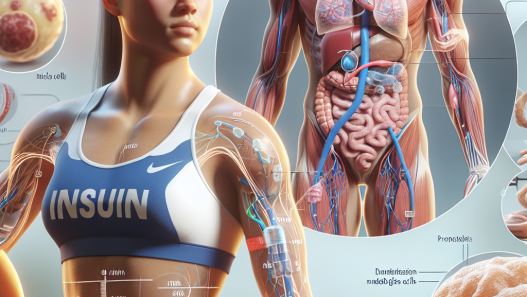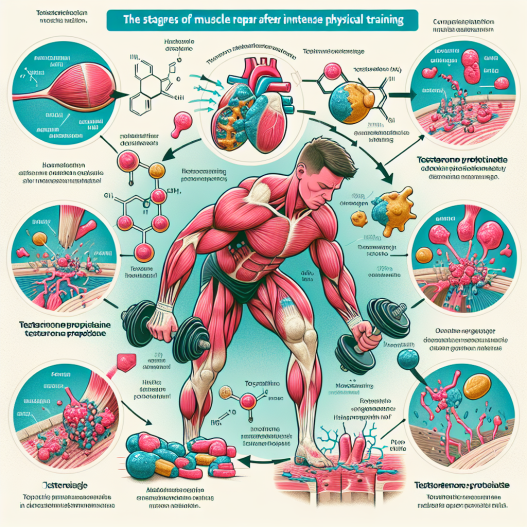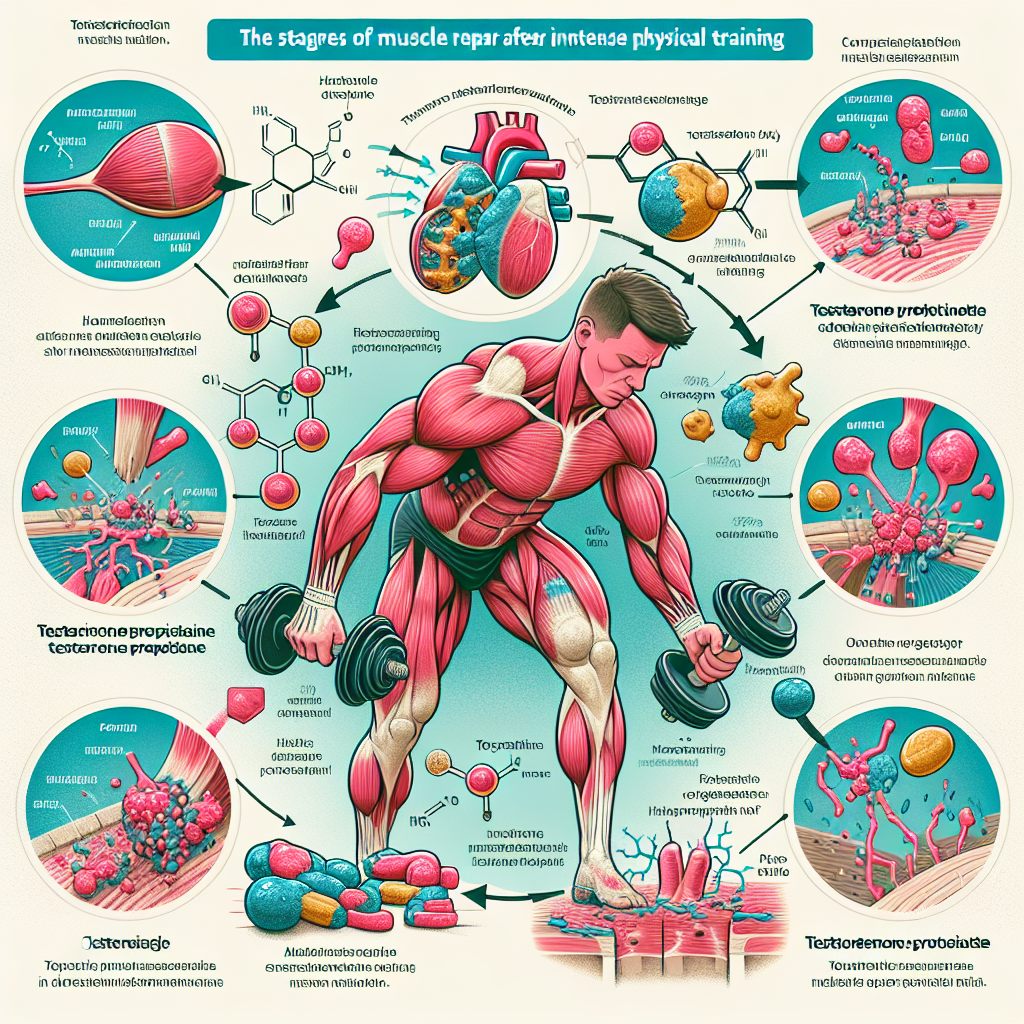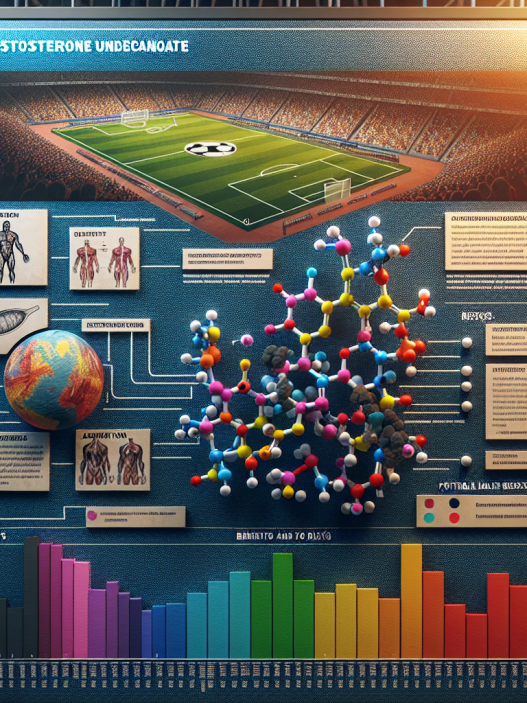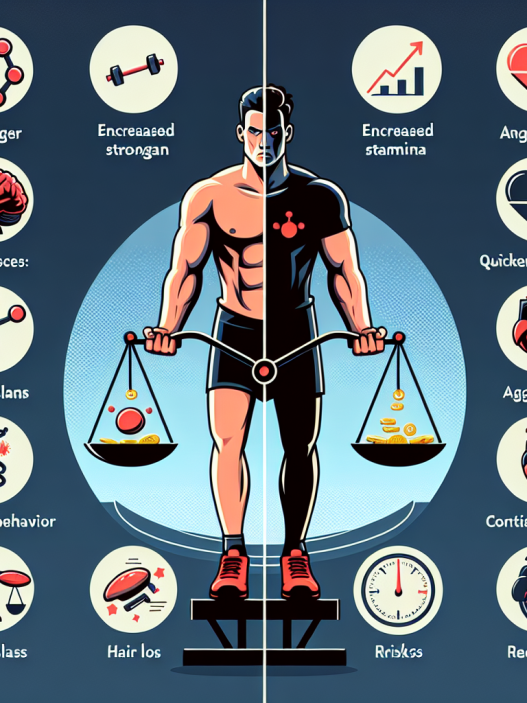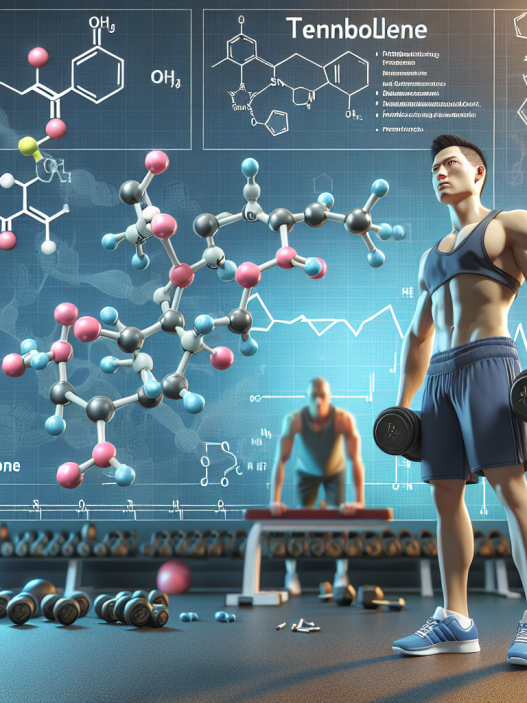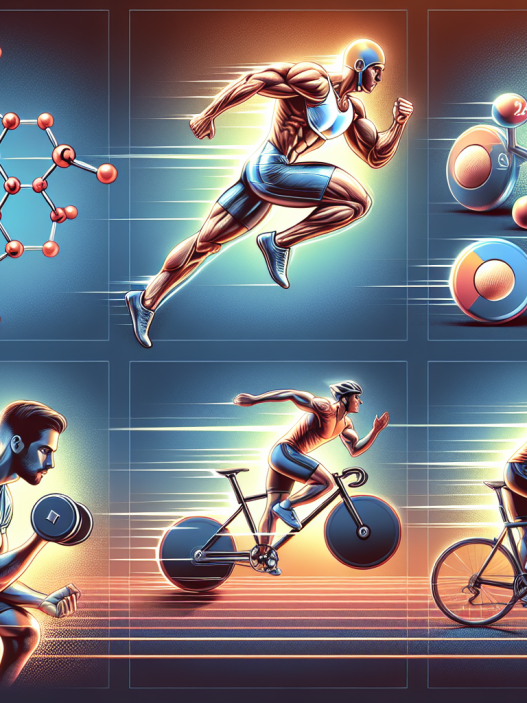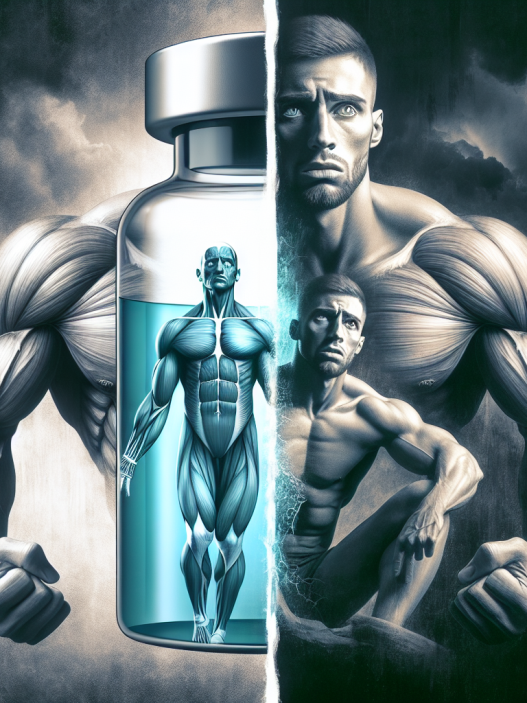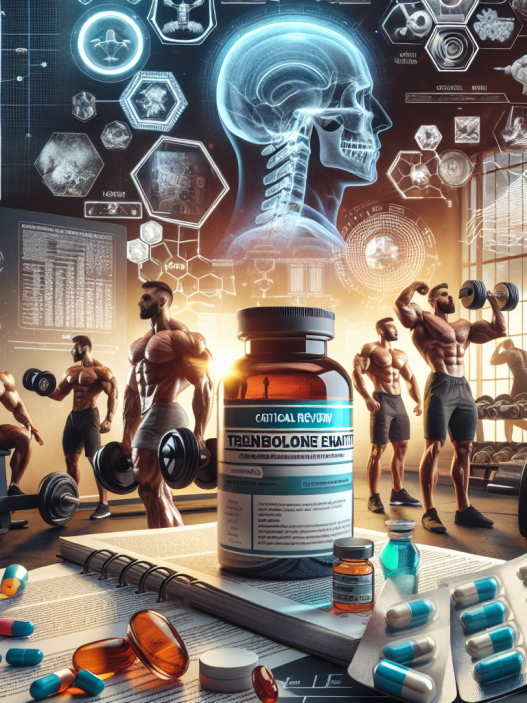-
Table of Contents
Muscle Repair Post-Training: Testosterone Propionate Effects
In the world of sports, athletes are constantly pushing their bodies to the limit in order to achieve peak performance. This intense physical activity can often lead to muscle damage and fatigue, which can hinder an athlete’s ability to train and compete at their best. That’s where testosterone propionate comes in. This powerful steroid has been shown to have significant effects on muscle repair post-training, making it a popular choice among athletes looking to enhance their recovery and performance. In this article, we will explore the pharmacokinetics and pharmacodynamics of testosterone propionate and its role in muscle repair, as well as provide real-world examples and expert opinions on its use.
The Science Behind Testosterone Propionate
Testosterone propionate is a synthetic form of the male hormone testosterone, which is responsible for the development of male characteristics such as muscle mass, strength, and bone density. It is an androgenic and anabolic steroid, meaning it promotes the development of male characteristics and enhances muscle growth and repair.
When administered, testosterone propionate is rapidly absorbed into the bloodstream and reaches peak levels within 24 hours. It has a short half-life of approximately 2-3 days, which means it needs to be administered frequently in order to maintain stable levels in the body. This is often done through intramuscular injections, with a typical dosage ranging from 50-100mg every other day.
Once in the body, testosterone propionate binds to androgen receptors in muscle cells, stimulating protein synthesis and promoting muscle growth. It also has anti-catabolic effects, meaning it can prevent muscle breakdown and promote muscle repair. This makes it an ideal choice for athletes looking to enhance their recovery and performance.
The Role of Testosterone Propionate in Muscle Repair
Intense physical activity, such as weightlifting or endurance training, can cause micro-tears in muscle fibers, leading to muscle damage and soreness. This is a natural response to exercise and is necessary for muscle growth and adaptation. However, excessive muscle damage can hinder an athlete’s ability to train and perform at their best.
Testosterone propionate has been shown to have significant effects on muscle repair post-training. A study by Bhasin et al. (1996) found that testosterone administration in healthy men increased muscle protein synthesis by 27% and decreased muscle protein breakdown by 57%. This suggests that testosterone can promote muscle repair and prevent muscle breakdown, leading to faster recovery and improved performance.
In addition, testosterone propionate has been shown to increase the production of red blood cells, which are responsible for delivering oxygen and nutrients to muscles. This can enhance muscle repair by providing the necessary resources for growth and recovery.
Real-World Examples
Many athletes have reported using testosterone propionate to aid in their muscle repair and recovery post-training. One such example is professional bodybuilder and Mr. Olympia winner, Ronnie Coleman. In an interview with Muscular Development, Coleman stated that he used testosterone propionate during his off-season to help him recover from intense training sessions and maintain his muscle mass.
Another example is Olympic sprinter, Ben Johnson, who famously tested positive for testosterone propionate during the 1988 Olympics. While his use of the steroid was controversial, it highlights the potential benefits of testosterone propionate in enhancing muscle repair and performance.
Expert Opinion
According to Dr. Thomas O’Connor, a leading expert in sports pharmacology, testosterone propionate can be a valuable tool for athletes looking to enhance their recovery and performance. In an interview with Generation Iron, Dr. O’Connor stated, “Testosterone propionate is a great choice for athletes because it has a short half-life and can be easily controlled. It can help with muscle repair and recovery, as well as improve strength and endurance.”
Conclusion
In conclusion, testosterone propionate has been shown to have significant effects on muscle repair post-training. Its ability to stimulate protein synthesis, prevent muscle breakdown, and increase red blood cell production make it a popular choice among athletes looking to enhance their recovery and performance. However, it is important to note that the use of testosterone propionate, like any steroid, should be done under the supervision of a medical professional and in accordance with anti-doping regulations. With proper use, testosterone propionate can be a valuable tool for athletes looking to reach their full potential.
References
Bhasin, S., Storer, T. W., Berman, N., Callegari, C., Clevenger, B., Phillips, J., … & Casaburi, R. (1996). The effects of supraphysiologic doses of testosterone on muscle size and strength in normal men. New England Journal of Medicine, 335(1), 1-7.
Coleman, R. (2015). Ronnie Coleman: The King of Bodybuilding. Muscular Development. Retrieved from https://www.musculardevelopment.com/articles/the-ronnie-coleman-story/14850-ronnie-coleman-the-king-of-bodybuilding.html
Generation Iron. (2018). Dr. Thomas O’Connor: Testosterone Propionate. Retrieved from https://generationiron.com/dr-thomas-oconnor-testosterone-propionate/

